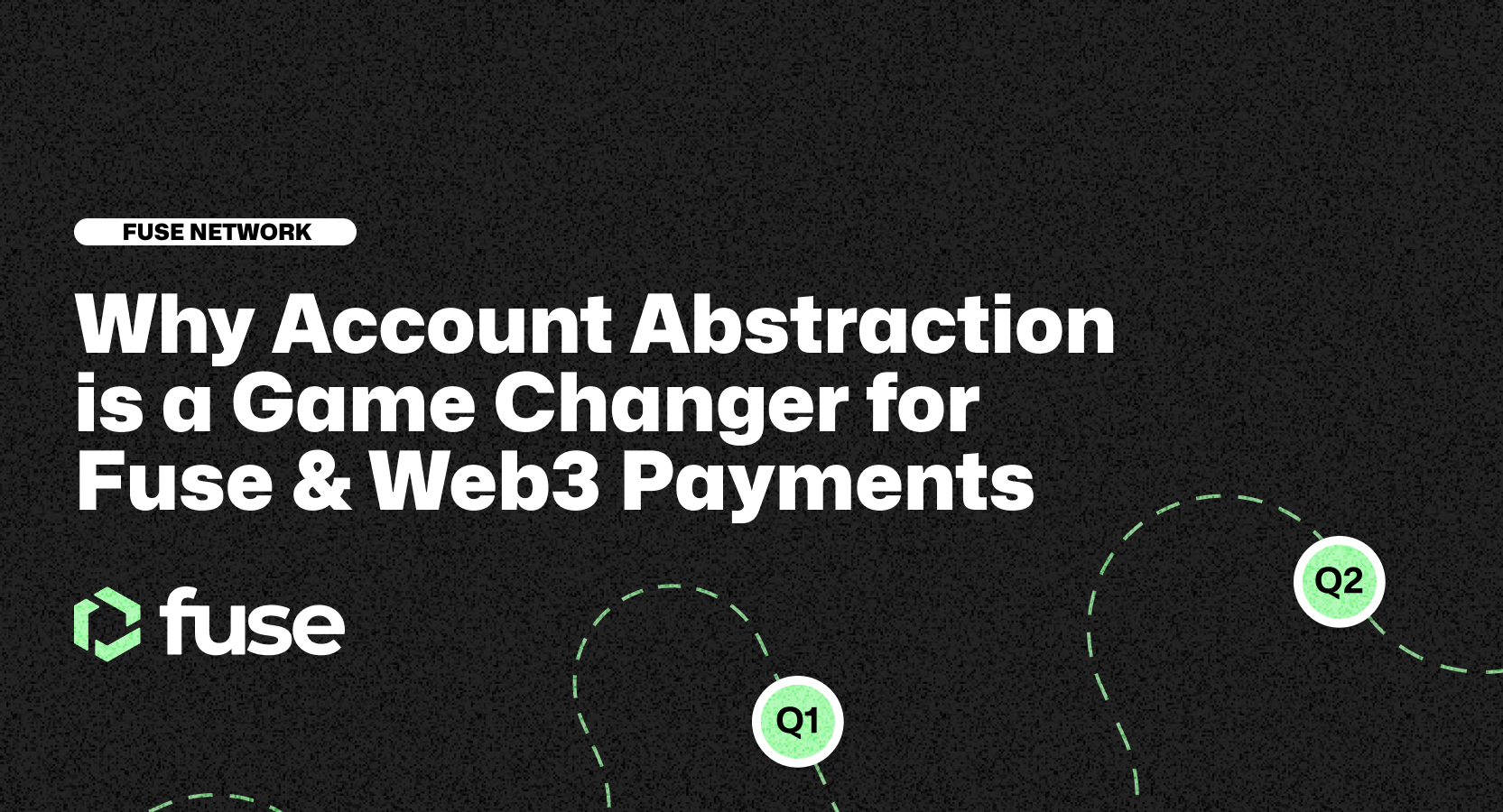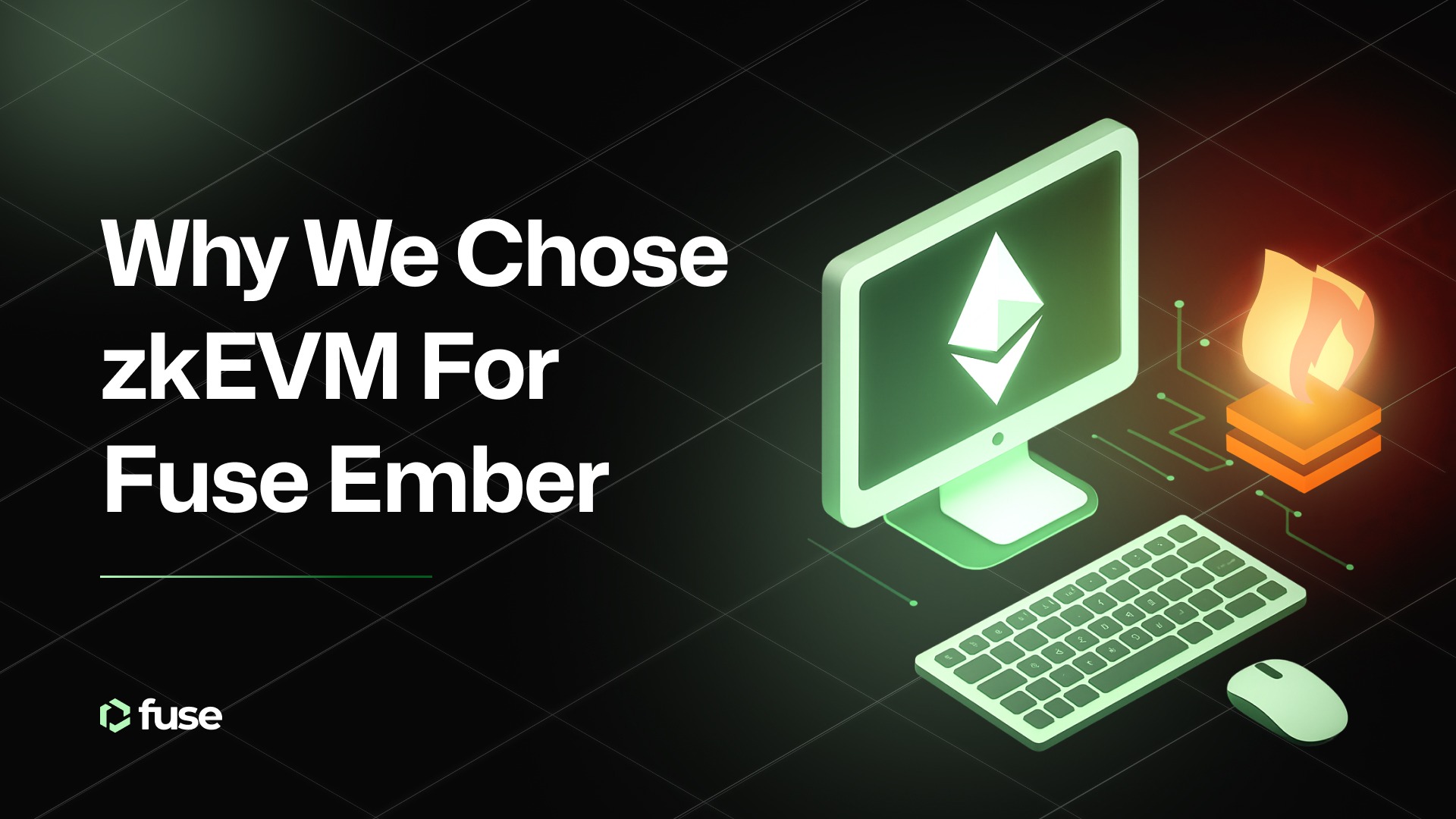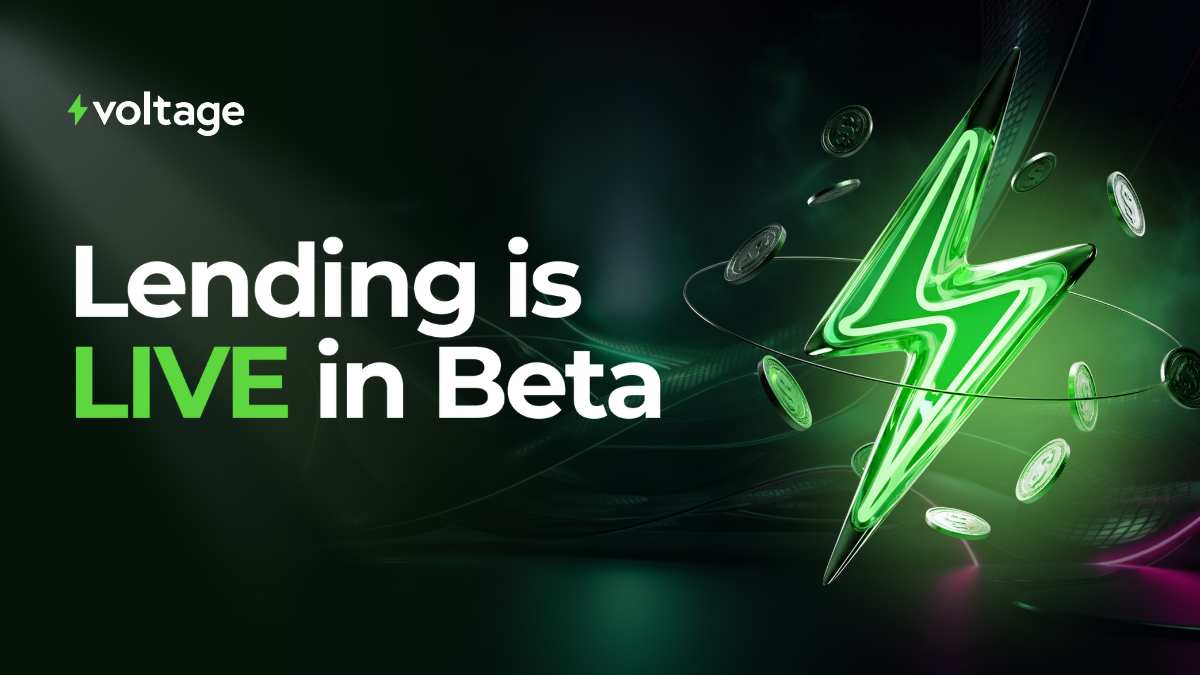The Ethereum ERC-4337 Account Abstraction Token Standard enables greater flexibility, security, and privacy in transactions, benefiting Fuse Network’s aim to make DeFi and Web3 payments accessible to everyday users and businesses. Fuse intends to implement ERC-4337 on the road to introducing Power Validators, further decentralizing its business processes.
Account Abstraction has been possible on Fuse Network since 2019, based on the Argent smart contracts, which integrate into the Fuse SDK. At the same time, Operators use Fuse APIs in the Fuse Wallet applications to enable Web3 payments.
Using Fuse’s non-custodial Smart Contract Wallet stack, the network’s account abstraction technology allows developers to create specialized transaction types tailored to specific needs, such as micropayments, loyalty programs, and social media platforms.
While this method achieves the desired outcome, it has several limitations in that the framework doesn’t follow a standard or an ERC, making it hard to use open-source software and follow best practices.
At the same time, the code base is hard to maintain regarding smart contracts and backend infrastructure. More importantly, the current setup has no on-chain mechanism to sponsor gas fees, and relaying is centralized and dependent on Fuse Labs’ infrastructure.
Therefore we propose introducing and implementing a new model for Account Abstraction, based on ERC-4337, on Fuse Network as part of the 2023 Technical Roadmap and bigger FIP regarding the role of Power Validators in the Fuse ecosystem.

Fuse Account Abstraction and Power Validators
We want to improve user experience on the Fuse Network by leveraging a new Account Abstraction model. At the same time, onboard more stakeholders to the network by introducing Power Validators – validators with an extra stake that can relay user transactions.
At a high level, account abstraction refers to the abstraction of the concept of accounts and related mechanisms from the core protocol of the chain. Thus simplifying a user’s flow and security levels without learning new behaviors.
So while identifying users is critical to the system’s operation, we look to allow flexibility and extensibility in verifying and operating accounts. Again, we expect this to enable innovation in areas we can’t anticipate when defining the core protocol.
The goal of ERC-4337 is to allow smart wallet contracts to send transactions without an EVM upgrade, creating an alternative flow to send transactions, which includes (simplifying) the following:
- Smart Wallet Accounts for users
- UserOperations that can be relayed
- JSON-RPC calls that the node needs to support
- UserOperations alternative mempool
- Bundlers that can relay users’ transactions
- Paymasters – logic for transaction sponsoring
Fuse Improvement Proposal (FIP)
As part of the 2023 Technical Roadmap, Fuse intends to implement an Improvement Proposal (FIP) that introduces the role of Power Validators to the ecosystem. The role of Power Validators on the Fuse platform is critical in achieving the desired level of decentralization that makes sense for businesses.
They are responsible for powering the Web3 payments infrastructure of the Fuse platform while also actively validating transactions. Introducing Power Validators is part of our strategy to further decentralize the business processes by running an additional trustless middleware on top of existing validator roles as part of the Fuse network.
We will connect Power Validators as the entities that run the bundlers and pay for transactions, while Operators are the entities that sponsor transactions. We want to leverage the ERC-4337 and introduce Paymaster contracts with different fee-split models.
Therefore, Fuse must implement the ERC-4337 token standard into the Network and is actively hiring a smart contract engineer to assist with the task and onwards. If you want to join the team taking crypto and Web3 payments mainstream, apply today.
What is Ethereum ERC-4337 Account Abstraction?
Account abstraction is a technology that allows for greater flexibility in processing and validating transactions on the Ethereum network. With account abstraction, the EVM can handle multiple transaction types, which can be tailored to specific needs, such as smart contracts or dApps. This means developers can create more efficient and specialized applications on the Ethereum network.
ERC-4337 also enables users to pay transaction fees in tokens other than Ether (ETH). Previously, all transactions on the Ethereum network had to be paid for in ETH. However, with this upgrade, users can now use other tokens to pay for transactions, making the network more accessible and expanding the possibilities for transaction fees.
Another benefit of account abstraction is increased privacy for users. Users can transact without revealing their account balances or other sensitive information with account abstraction. This enhances the network’s privacy features and makes it more attractive to users concerned about their data privacy.
The upgrade also enhances the network’s security by reducing the risk of certain types of attacks. For example, with account abstraction, transactions can be processed more efficiently, reducing the likelihood of certain types of attacks, such as denial-of-service attacks, which can clog up the network.
In summary
ERC-4337’s account abstraction technology is an important step forward for Ethereum and EVM-compatible blockchains like Fuse Network.
By enabling greater flexibility in transaction processing and validating, using different tokens for transaction fees, and enhancing users’ privacy and security, account abstraction will help drive the adoption of decentralized applications and smart contracts, making them more accessible to everyday users and businesses.
.svg)
.svg)













